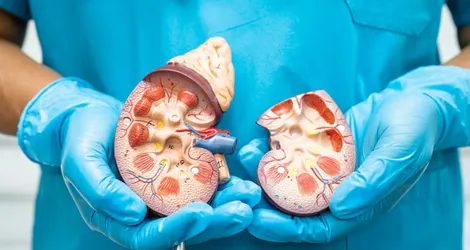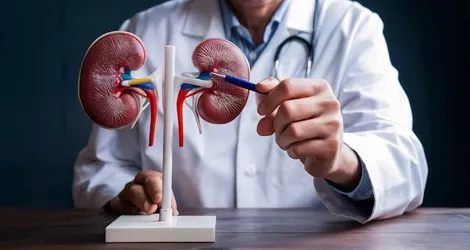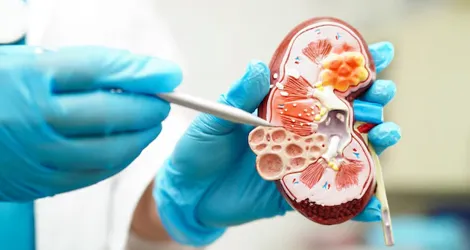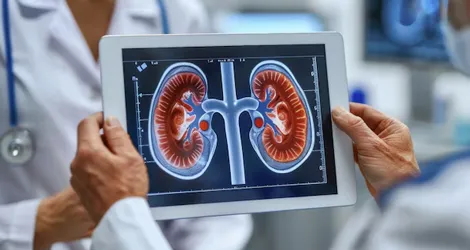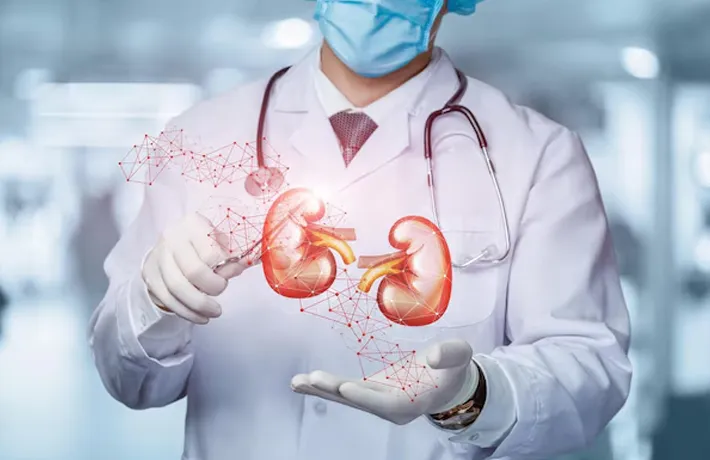Overview
Understanding kidney cancer is key to early detection, effective treatment, and better quality of life. Here’s an in-depth look at its various aspects:
Symptoms
Kidney cancer may be discreet in its initial phases, frequently showing signs that could easily be confused with different ailments. Typical indicators include:
-
Blood in the Urine:
A conspicuous pink, red, or brown hue in your urine may serve as an early warning signal. -
Ongoing Flank or Abdominal Discomfort:
Unaccounted for, gentle pain in the side or back that persists could indicate a deeper problem. -
A Tangible Lump:
A bump or enlargement in the abdomen that could be detected during a standard physical examination. -
General Tiredness and Unintentional Weight Loss:
Unexpected, unexplained fatigue and weight loss are warning signs that require medical assessment. -
Intermittent Fever or Night Sweats:
These signs, especially when they arise without a clear reason, warrant additional examination.


Diagnosis
A correct diagnosis of kidney cancer requires a combination of clinical assessment and sophisticated diagnostic technologies:










